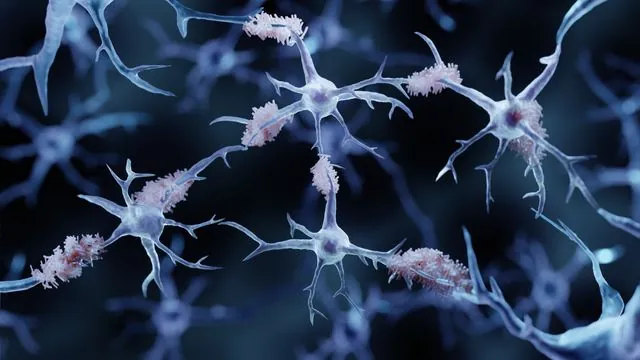
Breakthrough Discovery: Dark Microglia Found to Fuel Alzheimer’s Disease – Hope on the Horizon for New Treatments!
2024-12-23
Author: Jia
Key Highlights:
Microglia’s stress response triggers the production of toxic lipids associated with the acceleration of Alzheimer’s disease.
Intervening in these stress and lipid pathways yielded significant reversal of Alzheimer’s symptoms in animal models.
This exciting discovery positions microglia as vital therapeutic targets for developing new treatments to combat neurodegeneration.
Microglia's Role in Alzheimer's Disease
Microglia are the brain's primary immune cells, often dubbed “first responders” for their role in detecting and repairing damage. However, in the context of Alzheimer’s, these cells exhibit a dual nature; while some microglia work to protect brain integrity, others contribute to the disease's progression. Professor Pinar Ayata, the study's principal investigator, said, “Our aim was to identify the harmful microglia in Alzheimer’s disease and explore therapeutic options to counteract their effects.”
The Integrated Stress Response (ISR) Pathway
The research team identified a specific microglial phenotype characterized by a stress-related signaling pathway known as the integrated stress response (ISR). This pathway activates microglia to produce and secrete toxic lipids, which inflict harm on neurons and oligodendrocyte progenitor cells, both of which are crucial for healthy brain function. In preclinical tests, blocking either the stress response or the lipid production led to a remarkable reversal of Alzheimer’s symptoms.
Significance of the Findings
Co-lead author Anna Flury remarked, “These findings establish a significant connection between cellular stress and the neurotoxic behaviors of microglia in Alzheimer’s disease. Targeting this pathway could pave the way for therapies aimed at mitigating or preventing these toxic effects.”
What This Means for Alzheimer’s Patients:
The implications of this research are profound. By targeting specific populations of microglia or the mechanisms triggered by cellular stress, novel treatments could emerge that significantly slow down or even reverse the progression of Alzheimer’s. Leen Aljayousi, another co-lead author, emphasized the potential impact of these findings on the lives of millions affected by this unforgiving disease.
Future Directions
The study represents a substantial advancement in our understanding of the cellular dynamics of Alzheimer’s and highlights the urgent need to maintain the health of microglia for supporting overall brain function.
As research continues, the hope is that these findings will lead to effective, life-changing treatments for individuals battling Alzheimer’s disease, potentially transforming the outlook for families facing its harrowing effects.
Stay tuned for more updates on this exciting research, as science pushes forward in the quest for solutions to one of the most pressing health challenges of our time!



 Brasil (PT)
Brasil (PT)
 Canada (EN)
Canada (EN)
 Chile (ES)
Chile (ES)
 España (ES)
España (ES)
 France (FR)
France (FR)
 Hong Kong (EN)
Hong Kong (EN)
 Italia (IT)
Italia (IT)
 日本 (JA)
日本 (JA)
 Magyarország (HU)
Magyarország (HU)
 Norge (NO)
Norge (NO)
 Polska (PL)
Polska (PL)
 Schweiz (DE)
Schweiz (DE)
 Singapore (EN)
Singapore (EN)
 Sverige (SV)
Sverige (SV)
 Suomi (FI)
Suomi (FI)
 Türkiye (TR)
Türkiye (TR)